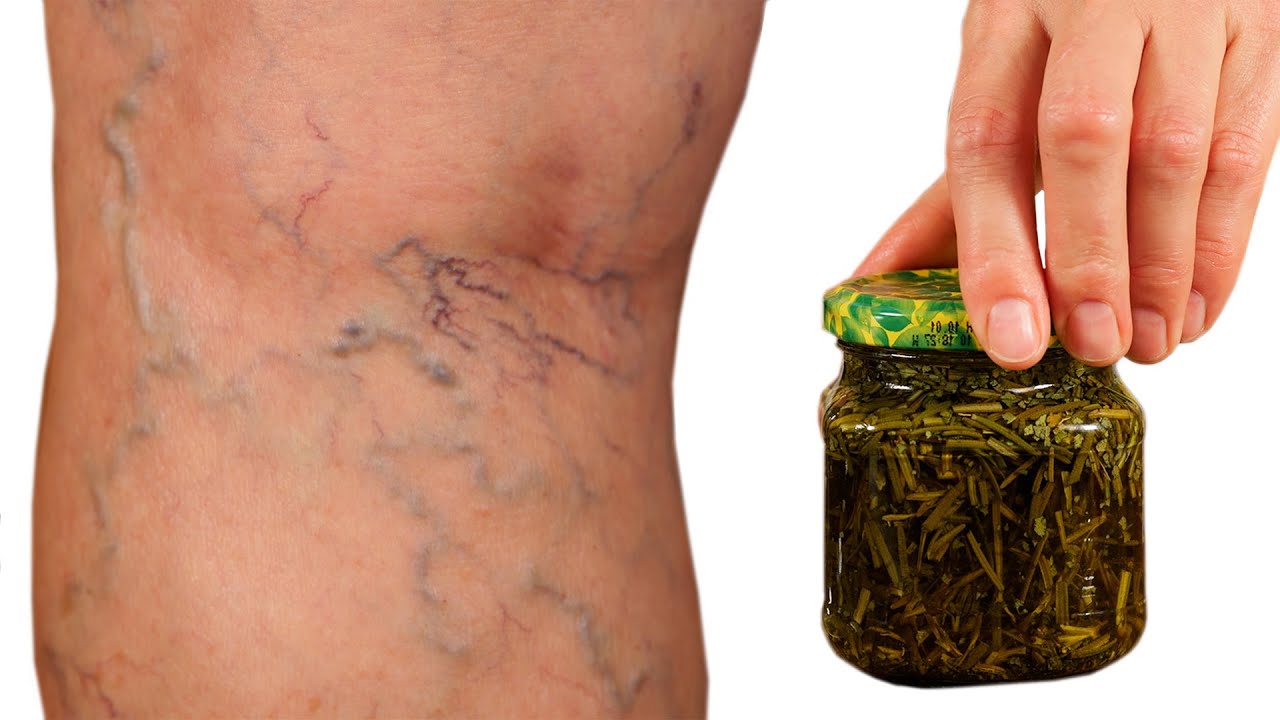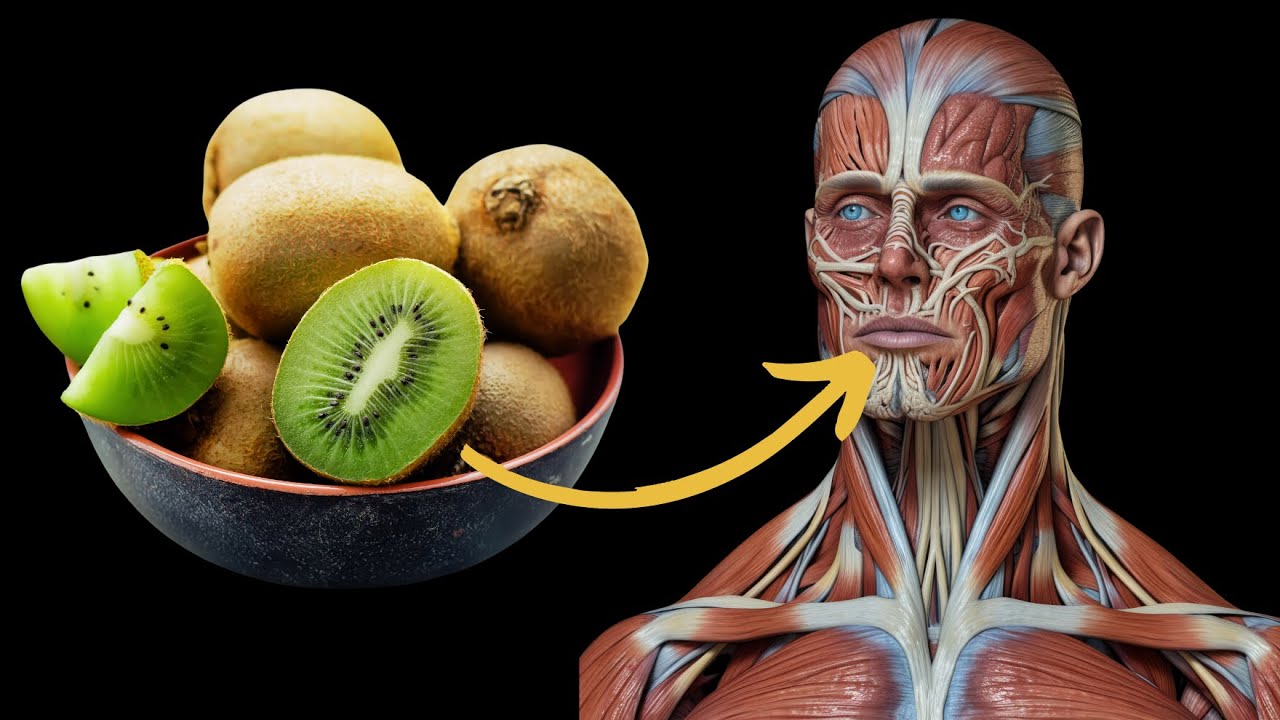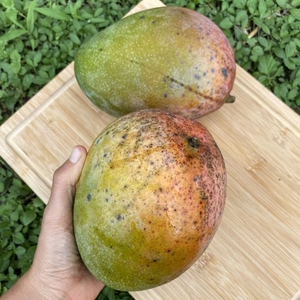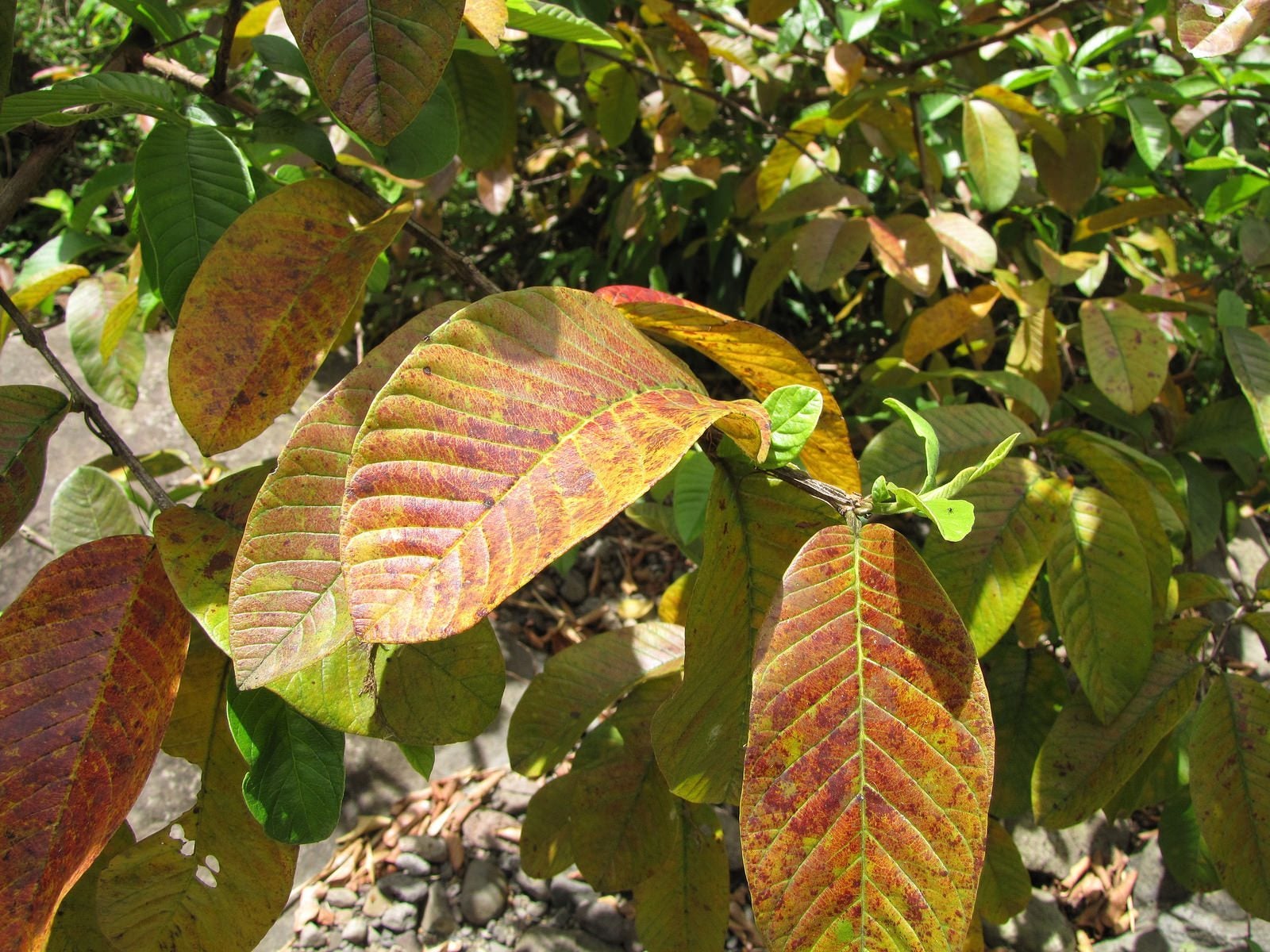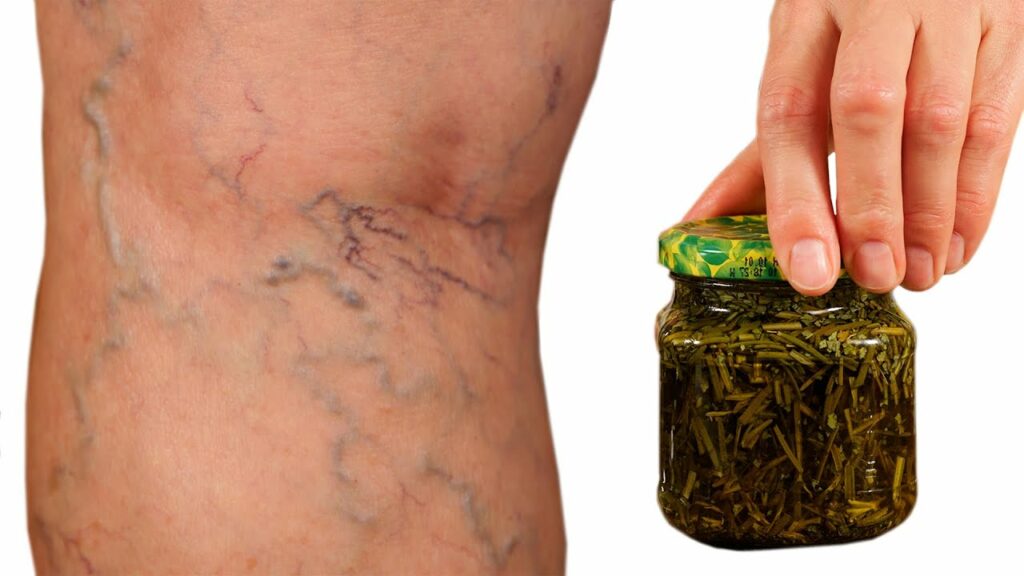
Varicose veins can be a common and frustrating condition, causing discomfort and affecting the appearance of your legs. While there are many treatments available, you might be surprised to learn that a natural remedy like rosemary can help alleviate this issue. Rosemary is more than just a flavorful herb; it’s a treasure trove of health benefits, particularly for improving circulation and reducing the appearance of varicose veins.
The Benefits of Rosemary for Varicose Veins
1. Improves Circulation
Rosemary is known for its ability to stimulate blood circulation. Improved circulation helps prevent blood from pooling in the veins, which is a major cause of varicose veins. By enhancing blood flow, rosemary can help reduce the pressure and swelling in the veins.
2. Anti-Inflammatory Properties
The anti-inflammatory compounds in rosemary, such as rosmarinic acid, help reduce inflammation in the veins. This can alleviate the discomfort and swelling associated with varicose veins, making your legs feel lighter and less painful.
3. Antioxidant Effects
Rosemary is rich in antioxidants, which protect the blood vessels from damage caused by free radicals. This protection helps maintain the integrity of the veins and prevents further deterioration, which is crucial for managing varicose veins.
4. Strengthens Blood Vessels
Regular use of rosemary can help strengthen the walls of the blood vessels. Stronger veins are less likely to become varicose, reducing the overall appearance of these swollen veins.
How to Use Rosemary for Varicose Veins
1. Rosemary Oil Massage
-
Ingredients: Rosemary essential oil, carrier oil (such as coconut or olive oil)
-
Instructions: Mix a few drops of rosemary essential oil with a tablespoon of carrier oil. Gently massage the mixture into the affected areas in a circular motion. This can be done once or twice daily. The massage will help improve circulation and allow the beneficial compounds in rosemary to penetrate the skin.
2. Rosemary Tea
-
Ingredients: Fresh or dried rosemary leaves, water
-
Instructions: Boil a cup of water and add a teaspoon of dried rosemary leaves (or a sprig of fresh rosemary). Let it steep for 10 minutes, then strain. Drinking rosemary tea daily can help improve circulation from the inside out.
3. Rosemary Bath
-
Ingredients: Fresh rosemary sprigs or a few drops of rosemary essential oil
-
Instructions: Add fresh rosemary sprigs or a few drops of rosemary essential oil to your bathwater. Soak in the bath for 20-30 minutes. This method not only helps improve circulation but also provides a relaxing experience.
Tips for Best Results
-
Consistency is Key: Regular use of rosemary in your daily routine is important to see noticeable improvements.
-
Combine with Other Remedies: For best results, combine rosemary treatments with other lifestyle changes such as regular exercise, maintaining a healthy weight, and elevating your legs when resting.
Conclusion
Rosemary is truly a treasure when it comes to natural remedies for varicose veins. Its ability to improve circulation, reduce inflammation, and strengthen blood vessels makes it an invaluable addition to your daily routine. Whether you choose to use rosemary oil, tea, or baths, incorporating this herb into your life can help diminish the appearance of varicose veins and provide relief from discomfort. Give it a try and experience the incredible benefits of rosemary for yourself!
